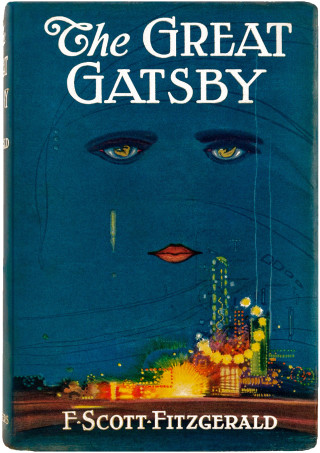I wasn’t encouraged to read The Great Gatsby and I don’t think our mother wanted us to grow up feeling we were related to anybody special. When I was about nine, my mother read us “The Curious Case of Benjamin Button,” which I loved. A couple of years later Life Magazine ran a story, “The Spell of F. Scott Fitzgerald Grows Stronger.” We four grandchildren were photographed in the attic, playing with Zelda’s turquoise ostrich feather fan and arranging Scott’s battalion of lead soldiers. For the camera, we held up Zelda’s brilliant paper dolls, each with a costume appropriate to the court of Louis XIV, King Arthur’s Round Table, or the extravagant finery of fairy godmothers.
Eventually it became embarrassing to know nothing about my grandparents. I was seventeen when a young writer asked if I agreed that The Great Gatsby, more than any other novel of its era, had essentially lost nothing with the passage of time. I had no idea. In my freshman year of college, in self-defense, I read all five of his novels, along with a few stories and Arthur Mizener’s biography.
I was especially awed by Scott’s pitch-perfect use of language, as when Gatsby kisses Daisy. “He knew that when he kissed this girl, and forever wed his unutterable visions to her perishable breath, his mind would never romp again like the mind of God. So he waited, listening for a moment longer to the tuning-fork that had been struck upon a star. Then he kissed her.”
I can’t account for all the reasons people love The Great Gatsby: perhaps for its champagne parties and of course for its glitz, elegance, gorgeous cars, enormous estates, and Gatsby’s vast collection of shirts. I remember my mother telling me she thought The Great Gatsby was popular with college students because it is a short book and an easy read. It was popular in Russia too; she speculated they liked to use it as an example of capitalism gone awry. My mother didn’t live long enough to explain Gatsby’s popularity in Japan, where the Takarazuka Revue staged an all-female performance. The Great Gatsby has been adapted to ballet and to opera, its symbols have been anatomized, its themes have been explicated, but Gatsby remains timeless. He stands in the dark, watching the green light on a dock across the bay.
